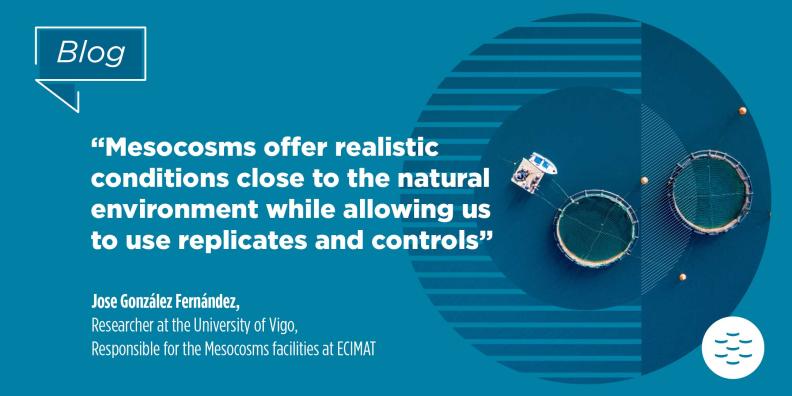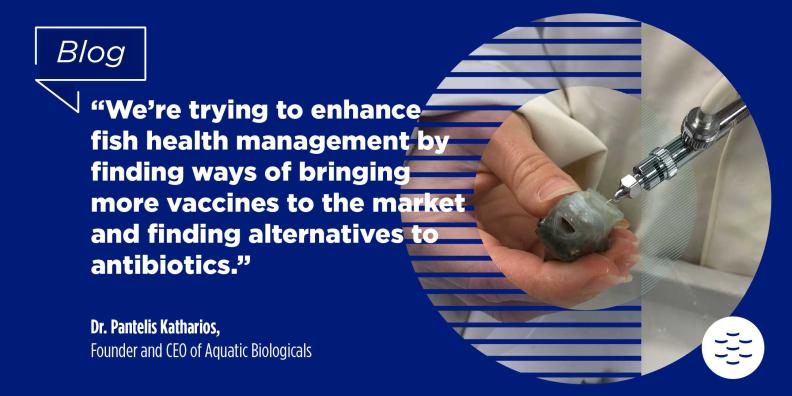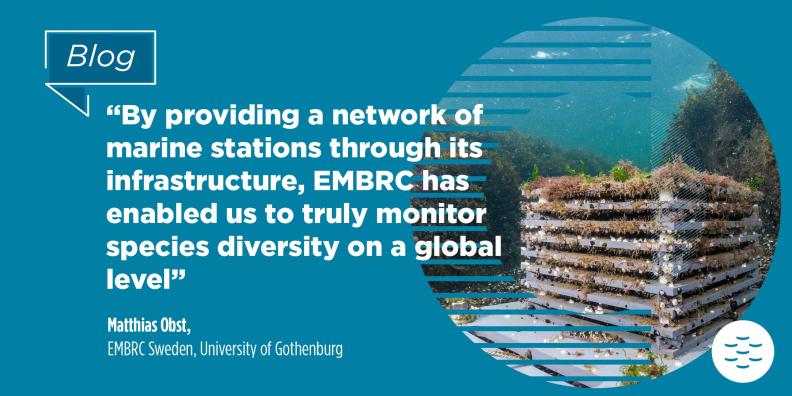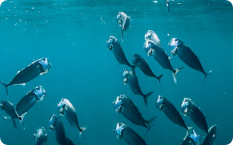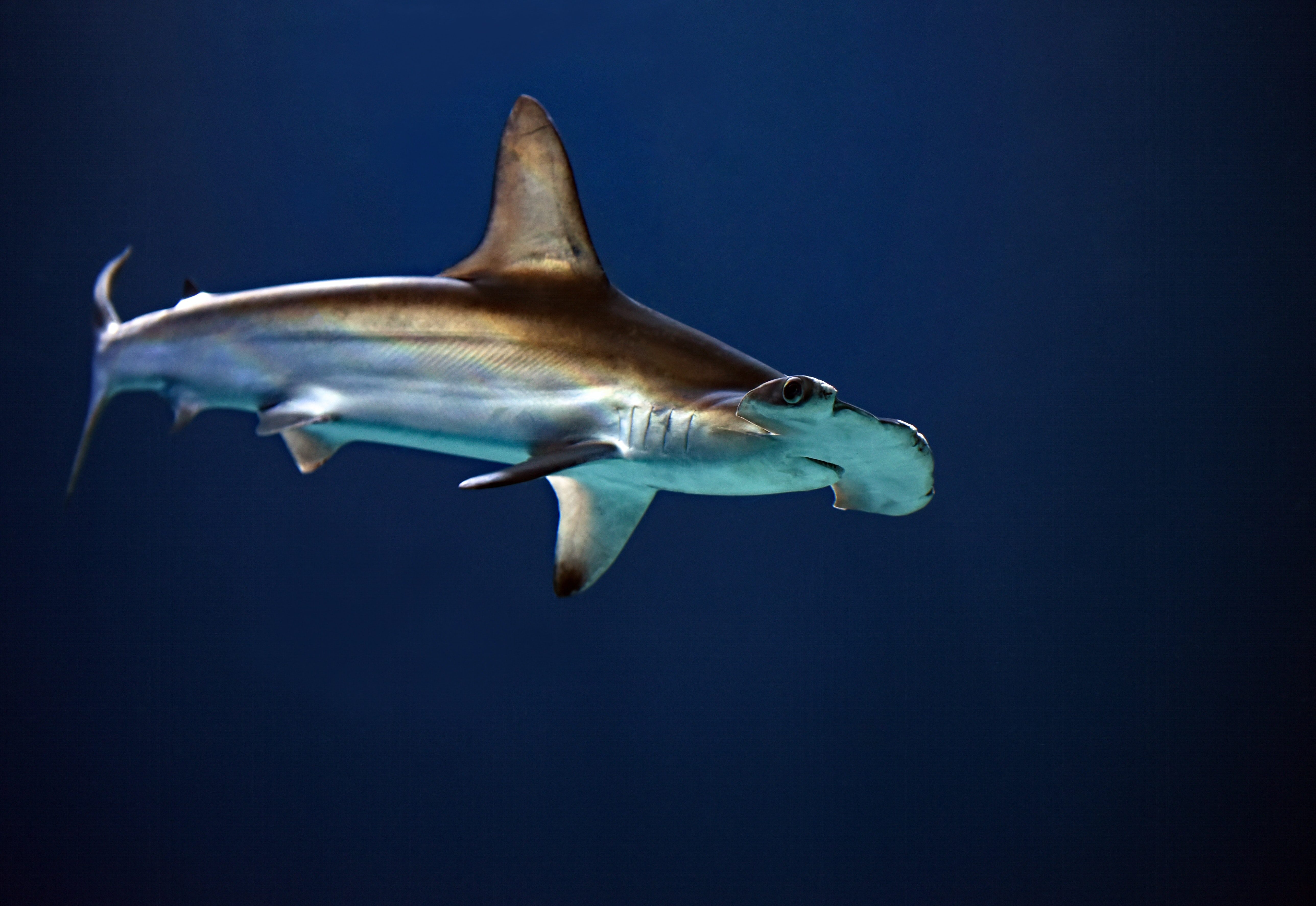
Today's topic: vaccines and a little-known product called squalene - aka shark liver oil. What's it doing in vaccines? It acts as a boosting agent, or adjuvant, that improves the immune system and makes vaccines more effective. Pretty cool, right?
With COVID-19 vaccine the talk of the town, we thought we should point out that some of the candidates are using squalene. And it turns out that squalene is used for lots of other things! Textiles, food colouring, cosmetics and more.
When did squalene start being used in vaccines? 1997, to be exact. Chiron used it in influenza vaccine. Other major pharmaceutical companies, like GSK and Novartis, began to rely on squalene for their seasonal flu and swine flu vaccines.
While all sharks have squalene, the deep-sea species have the biggest livers and thus the highest concentrations of the oil. We're talking the scalloped hammerhead, longfin mako and whale shark. Problem is, those guys are vulnerable to extinction...
What's the solution? Squalene can be derived from non-animal sources too, like olive oil, sugar cane, wheat germ, bacteria and yeast, yielding an ingredient that has identical chemical properties as the shark-based version. Something to explore!












